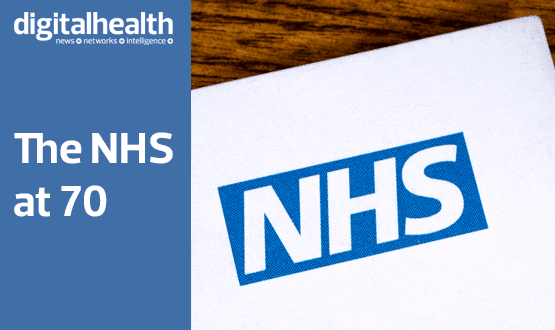NHS England fulfils aim to have 70 apps in library by 70th birthday

NHS England has fulfilled its aim to have 70 apps in the Apps Library by the NHS’s 70th birthday.
Juliet Bauer, chief digital officer at NHS England, outlined the target at Confed18 in Manchester on 13 June and as it now stands, there are 70 apps in the library
She said: “I am delighted we have got to 70 apps on the NHS Apps Library in the week of the NHS’s 70th birthday by adding on apps that address two of our biggest challenges – mental health and diabetes.
“The NHS Apps Library will help the public navigate the confusing array of health apps, advising them which apps have met NHS standards. Together with putting free NHS Wi-Fi in GP surgeries and hospitals and developing an NHS App, the Library will help empower citizens to take control of their own healthcare.”
The NHS Apps Library has been designed to bring a number of digital tools together in one place, and is currently in a beta testing phase.
Each tool, according to NHS England, has been “through an assessment and is safe to use”.
A number of apps have now been verified as ‘NHS Approved’ – meaning there is clinical evidence that it supports clinical outcomes – or ‘Being Tested in the NHS’, which means they are part of an NHS programme that is monitoring and gathering evidence.
Current apps in the library include Patient Knows Best, Ieso and vCreate Neonatal.
According to the NHS’s ‘Empower the person: roadmap for digital health and care service’, the Apps Library will be available nationally towards the end of 2018 or early 2019.
By this time, the NHS also aims to have made the NHS App and NHS 111 Online nationally available.
A number of apps – including Babylon and Now GP – have been dropped from the library, Digital Health News reported in March 2018.
At the time, Bauer cited the fact the library was going through a “public testing phase” as the reason to why the apps were dropped.






1 Comments
Any app giving non evidence based advice or advertising another product should be dropped or have an NH/s health warning on it.
Comments are closed.